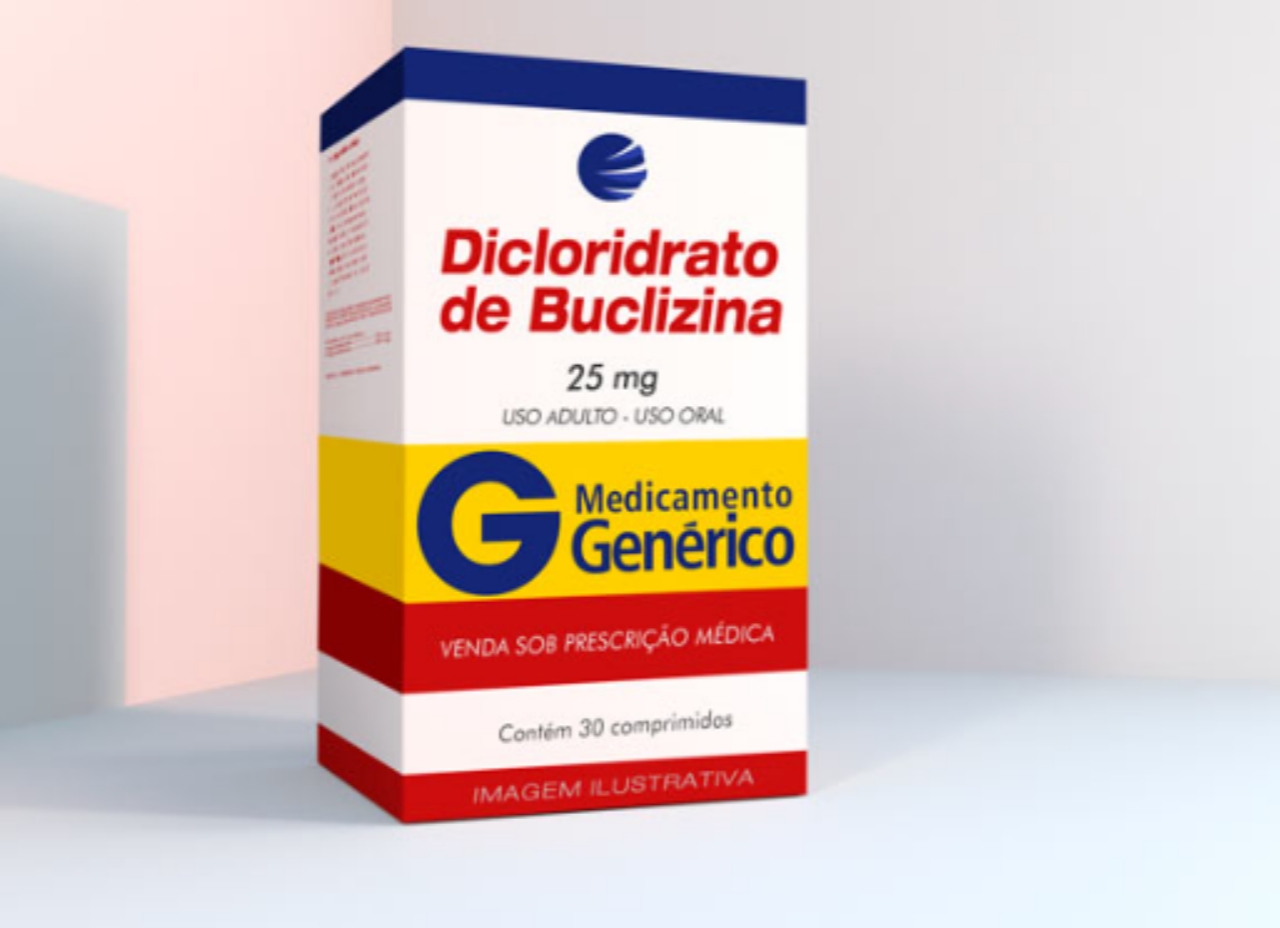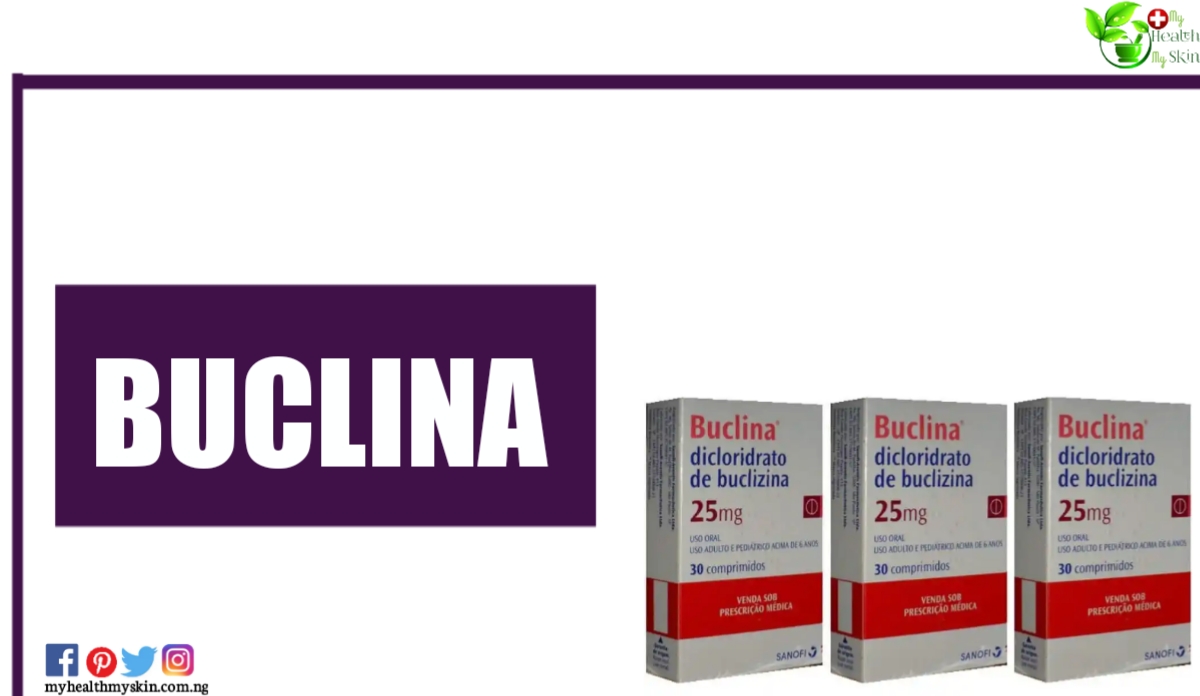Does Buclina really get fat? Buclina is a well-known drug on the market for its supposed weight gain effect. It has in its formula a substance buclizine dihydrochloride, which acts in the body promoting appetite stimulation.
That’s because the ease or difficulty in gaining weight involves several aspects, such as genetic, hormonal factors, diet and level of physical activity. To help in this mission, it is possible to count on the help of drugs that somehow stimulate weight gain. Among them is Buclina.
Buclina is far from the only drug used to gain weight. In addition to it, there are many other medicines for this purpose, such as Megestrol Acetate, Cobactin, and even ginger, herbs and spices are used for the purpose of whet your appetite.
In this sense, take the opportunity to know the 3 days Gain weight meal plan menu and It is also worth checking out the Eating plan to gain weight and increase muscle mass
These are important tips to assist in the weight gain process in the right way.

[lwptoc]
What is Buclina?
Buclina is the trade name of a medicine whose active ingredient, that is, the substance responsible for its effect on the body, is buclizine dihydrochloride. This drug is an antihistamine compound, a class to which antiallergic drugs belong, for example.
It is sold in the form of 25 mg tablets. Under other trade names, from other manufacturers, buclizine hydrochloride may still be sold in association with vitamins and minerals.
What Is Buclina Used For?
Buclizine dihydrochloride was developed many years ago and has been used to treat conditions such as motion sickness, allergic reactions, vomiting, migraine (in conjunction with pain relievers), diabetes, dizziness caused by movement, vertigo and insomnia.
In all of them it has not been proven effective and is now marketed as an appetite stimulant to aid in weight gain in adults and children.
How Does Buclina Work?
The orexigenic effect, which is the effect of stimulating the appetite (as opposed to anorexigenic ), has not yet fully determined its mechanism.
It is believed that, by having a hypoglycemic effect, reducing the concentration of sugar in the blood, the drug stimulates the production of insulin, leading the central nervous system (hypothalamus appetite center) to trigger a signal that increases appetite.
A side effect of Buclina, which is drowsiness, would also help increase appetite.
Can We Conclude That Buclina Really Gets Fat?
The drug is approved for commercialization by Anvisa, which means that the drug regulatory agency in Brazil has accepted the efficacy claims of the laboratory that produces Buclina, that is, Buclina is actually fattening. Many people say they feel the appetite-stimulating effects of the drug, and end up, in fact, gaining weight.
In the Buclina leaflet we find citations to about 5 studies published by researchers in which adults and children gained weight with the ingestion of buclizine hydrochloride.
However, some experts question such studies, on the grounds that they are scarce, very old and were published in low impact journals.
Before deciding to take any medication, it is necessary to investigate whether there are other pathological conditions behind the low weight condition, such as hormonal and psychological disorders, for example. If any, these conditions must be addressed before any other alternative is used.
Also, if you still don’t know which medicine to take to gain weight, you may be in doubt between Buclina and Cobavital. Choosing between Cobavital or Buclina to gain weight is not easy. The first has a more complete action, as it has Cobamamide, a non-steroidal anabolic steroid, while Buclina has a simpler formulation, but on the other hand, it has a more affordable price.
Finally, to decide if Buclina is indicated for you, talk to your doctor, he is the only one who can guide you and make the proper prescription, and never do self-medication.
How Soon Can You See Results?
There are reports that, depending on the diet followed by the person, it is possible to gain up to 5 kilos per month. This, of course, will depend on each individual and individual factors, the main thing being the adoption of a proper diet.
Keep in mind that just taking the medication will not in itself make you gain weight. It will just help whet your appetite. However, you only need to follow a balanced diet to supply your body with the nutrients it needs.
Associating Buclina with a proper diet and resistance exercises (weight training) can bring even better results, as the extra calories will largely be used to build muscle tissue.
How To Take Buclina?
The manufacturer’s recommended dosage is one 25 mg tablet taken orally half an hour before lunch and another tablet half an hour before dinner. For children aged 6 to 12 years, instead of 1 tablet, half a tablet should be taken before each meal.
What Are The Side Effects?
The main side effect of Buclina is drowsiness. Several patients report this effect throughout the day and it can be dangerous for professionals who work operating machines or driving. On the other hand, drowsiness may occur only in the first few weeks of treatment.
Other side effects may include constipation, dry mouth, depression, urinary retention, diarrhea, nausea, fatigue, palpitations, tremors, and stomach upset. However, they occur less frequently.
Many patients who are medicated with Buclina may have worsened acne, but knowing that pimples are the result of a number of factors, was the drug primarily responsible for the increase in this condition?
To answer that question, check out whether Buclina of the spine .
Is Buclina Bad? What Care Is Needed?
Buclina should not be used by pregnant or lactating women as an animal study indicated a possible adverse effect on the fetus, and there is no information to prove safety in these cases.
In addition, people using alcohol and certain drugs such as central nervous system depressants, antihistamines, neuroleptics, antiparkinsonians, anticholinergics, antispasmodics, atropines, disopyramide, tricyclic antidepressants should use the drug only under medical supervision, as there may be interactions.
Previous conditions of renal and hepatic insufficiency, open-angle glaucoma, urinary retention, prostatic hyperplasia, pyloro-duodenal obstruction and epilepsy should be carefully evaluated by the physician before using Buclina.
If you do not fit into the above situations, except for the frequent occurrence of the sedative effect, there are no major contraindications for the consumption of Buclina. To see more post on Weight Loss & Weight Gain click here.

DO YOU BELIEVE THAT BUCLINA REALLY GETS FAT? SHARE YOUR EXPERIENCE BELOW!






